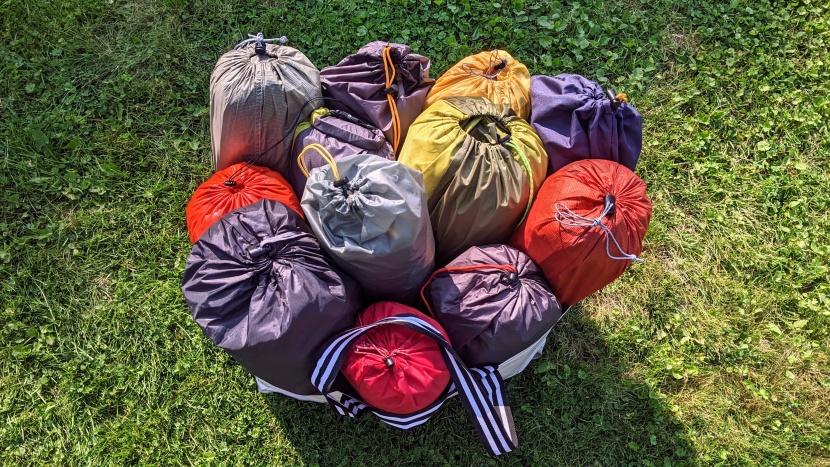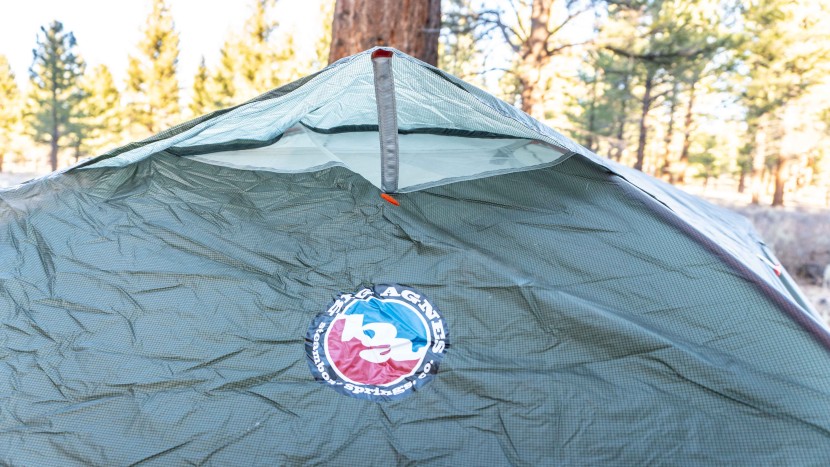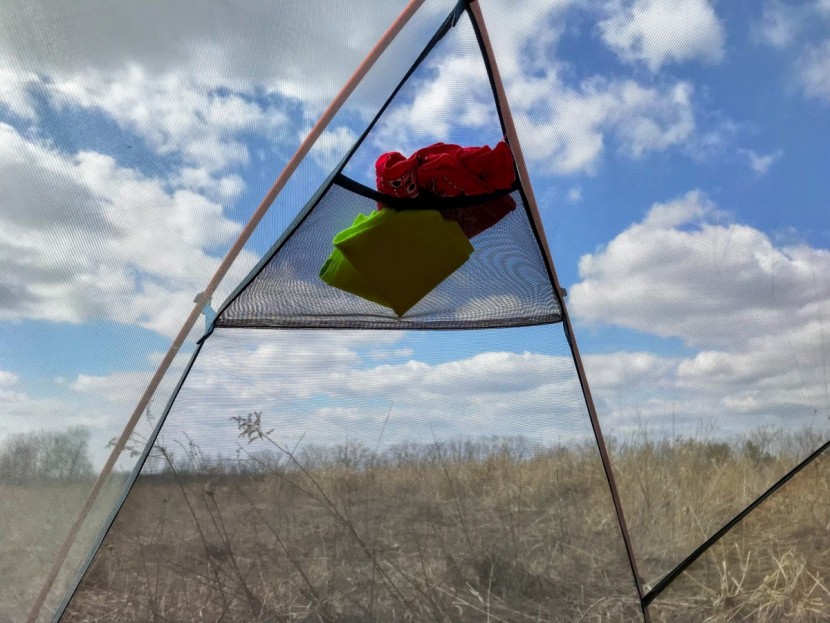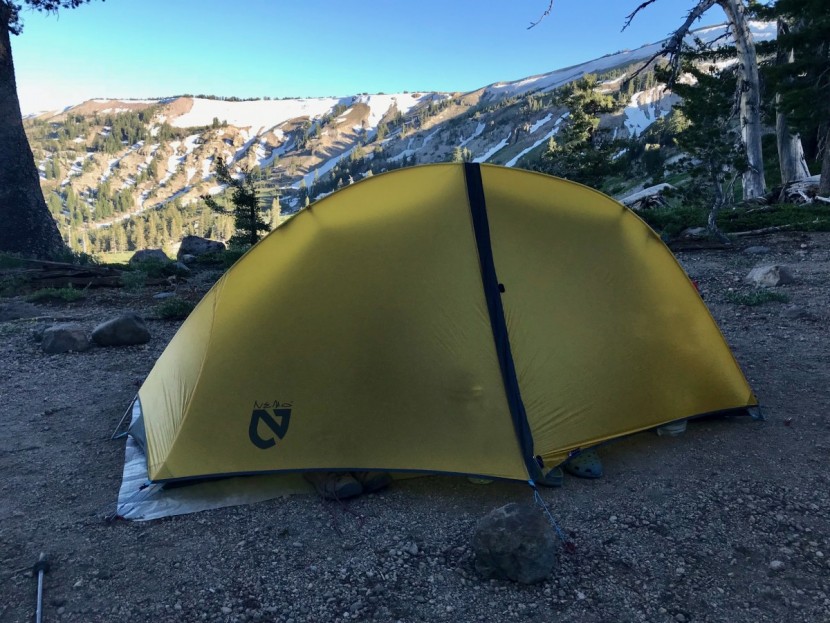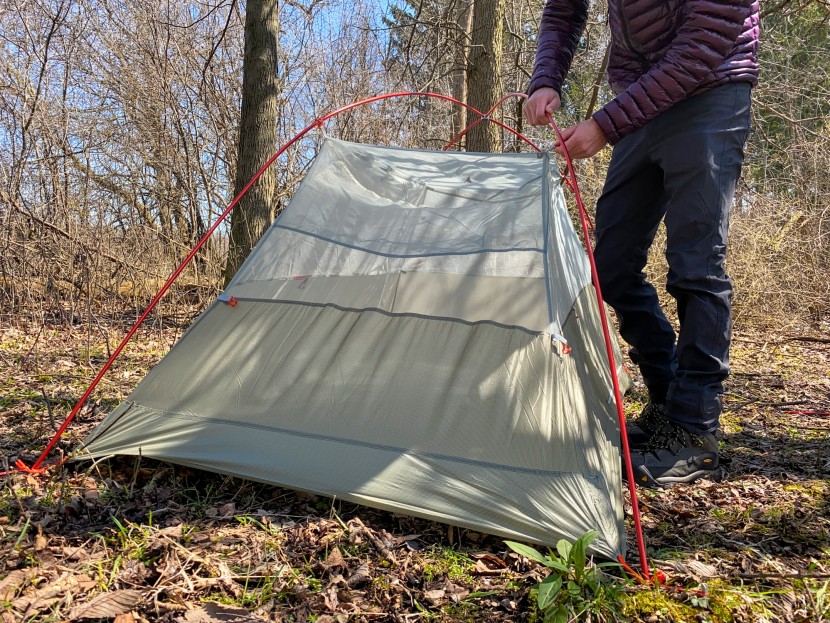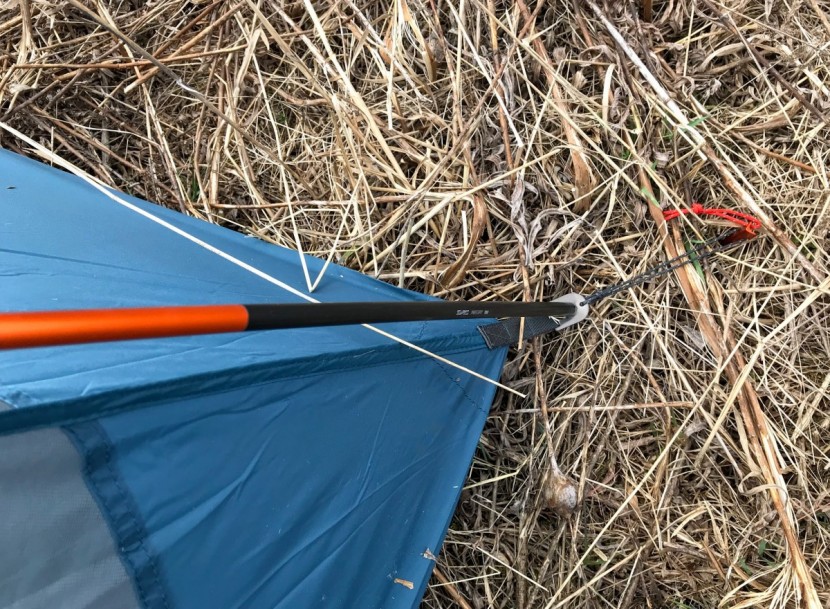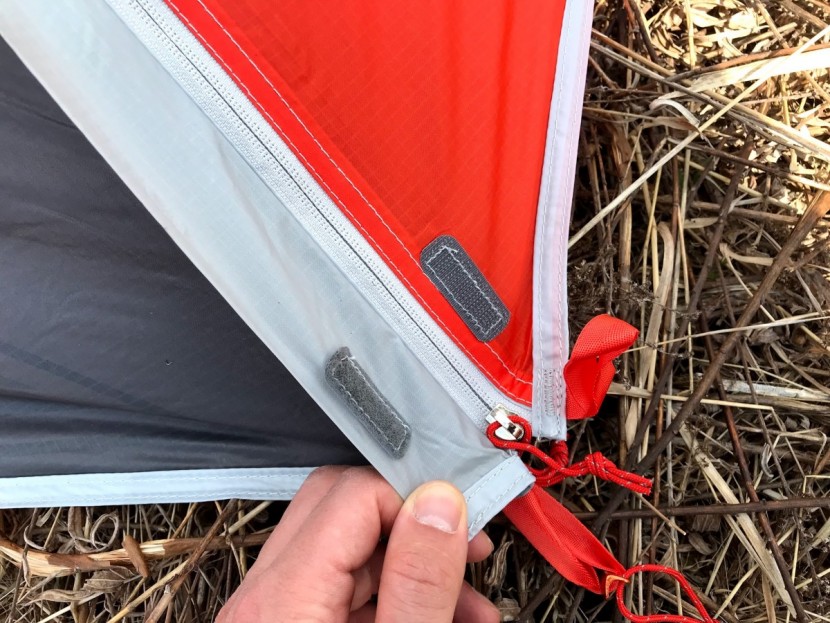Tents are a fascinating and vast area of outdoors gear. For backpacking tents, we relied heavily on real world testing with a team of highly experienced backpackers. We drug these tents across over a dozen mountain ranges and several deserts, from Alaska to Nepal, taking careful note of our findings every step of the way.
Comfort
We first and foremost score comfort based on the amount of indoors space each tent has. Square footage is the easiest and most helpful number to size up a tent's space, in our opinion, but the peak height is also crucial information to gather, as this determines the headroom. We also look carefully at each tent's ventilation- there is nothing less comfortable than a hot tent. Quality ventilation also reduces the amount of condensation from campers' breathing, which can make for a much better camping trip.
We also examined the vestibule and door size of each model, with extra points being given to options that have two vestibules/doors. In our experience, double vestibules make for substantially better organization and camping comfort, and two doors allows teams of two to have their own entrance.
Weather Resistance
We logged days and often weeks with each tent in our lineup, sleeping outdoors rain or shine. We took detailed notes on every tent's ability to withstand various amounts of water, and kept track of when and where leaks occurred. We also utilized more objective hose testing in one concentrated area of each tent to see how long it took before water made its way through the rain fly. Lastly, we deliberately camped on exposed ridges to see how well each tent handled the wind.
Space to Weight Ratio
We take floor area measurements and divide them by the measured weight of each tent to understand how much space and comfort it offers per pound. We also look at how much headroom each tent provides.
Ease of Use
We time how long it takes and how intuitive it is to set up a tent. We time set up for each model fresh out of the bag, noting pole structure, overall symmetry, and any features that make it a faster, simpler process, like color-coded clips and poles or 'easy snap' hubs. We also note how long it takes to break down and pack and how easy it is to use day to day.
Construction Quality
We first took a deep dive into the materials used in every tent, from the rainfly to the body to the poles. Then we leaned on heavy field testing to see how every aspect of each tent held up, intentionally setting up every model in more abrasive environments. At the very end of the testing seasons, we performed a detailed side-by-side analysis of each model to compare and contrast the amount of wear and tear.

